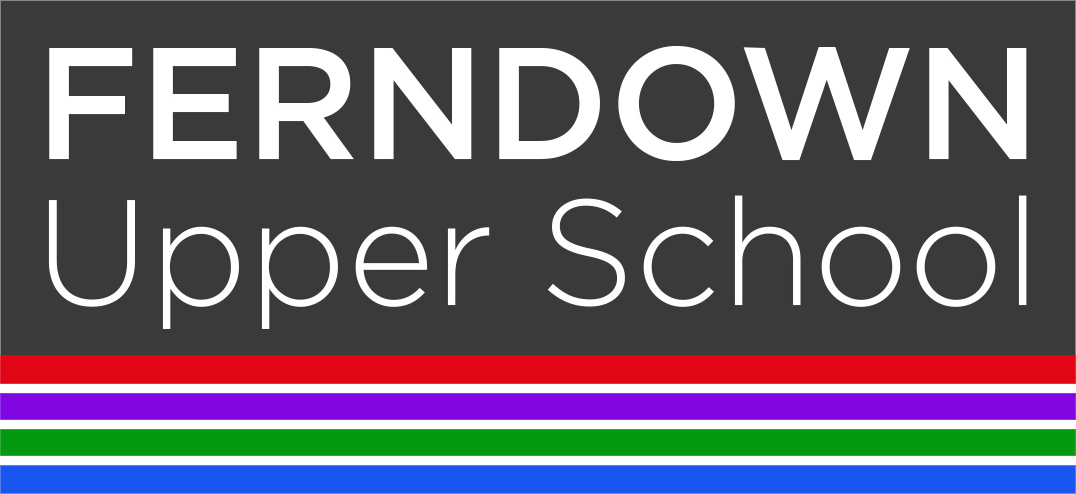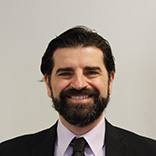Welcome to Music
Our mission in the Music Department is to inspire, educate and develop students to achieve their full musical potential. We are an inclusive department and aim to make music at the highest quality.
Music plays a significant part in the life of the school and in the local community. With regular concerts in and out of school, a Christmas service, informal workshops, competitions and productions. We encourage all students to flourish perseverance, resilience and camaraderie as musicians, developing their music making to the highest level while having fun in the process.
Meet The Music Department Staff
Key Stage 3
At this level, students study a wide range of music from different eras and styles, including the blues from the American Deep South, jazz, pop/rock music and its ramifications, as well as orchestral music from different eras and in different kinds (forms), such as Baroque, Classical, Romantic, XX Century music, as well as film scoring and video-game music.
Throughout the KS3 course, students play keyboard, sing and have several opportunities to play their own individual instruments in the classroom. Furthermore, students have a topic dedicated to music technology, where they learn about sequencing and editing on music software.
Another key component in Key Stage 3 is learning to compose. Students acquire basic knowledge to create their own unique pieces of music and express their ideas.
Why Music is important in KS3?
There are numerous reasons why all pupils should study music. It helps improve performance in other subjects such as Math’s and English, it helps social interactions, it gives a ‘voice’ to every student, it helps those who are more introspective, it is fun, it helps maintain good mental health and express feelings and emotions. Not to mention, the transferable skills acquired through music, such as; communication, logical thinking, lateral thinking, analysis, listening skills, motor coordination, among others.
Music is an universal language and we believe in the important role it plays in a person’s overall education. Here at Ferndown Upper School we strive to get pupils to enjoy music, and empower them with knowledge, appraisal and practical skills. Lessons at Key Stage 3 are designed to equip students with the necessary skills to progress to music GCSE.
Key Stage 4 – GCSE Music
Students who opt for Music GCSE truly enjoy music and embark on a qualification course where they further develop their performance skills, composition skills and appraisal and thinking skills. It is a rewarding journey that provides them with a range of transferable skills, such as creative thinking, problem solving, independent work, interpersonal skills and time management, which will be crucial in their future studies and professional endeavours.
The GCSE course specification is available for download in the files section.
Why Study Music GCSE?
Music is an academic subject in its own right and brings a wide range of transferable skills, which will better equip students for their future endeavor, independently from whatever career path they decide to choose. Employers, colleges and universities see creative subjects as assets, and they look for young people with skills that only music will help them develop; creative thinking, emotional intelligence, adaptability, communication, tenacity and discipline, to name but a few. GCSE music helps form a well-rounded and educated individual, and gives students a wonderful and healthy practical activity, which they might carry on for the rest of their lives.
The Music Department
Our department has a large central classroom where most lessons take place and is equipped with a number of hi tech, music technology stations. We also have 5 practice rooms with pianos, drum kits and guitar amplifiers available for students and visiting instrument and voice teachers.
Instrumental and Singing lessons
At Ferndown Upper School, we offer a wide range of individual instrumental and singing lessons. We have seasoned, professional musicians with vast experience in the music industry working with us, who deliver inspiring and engaging lessons available to all our students.
Our offer of instrumental lessons include:
- Voice (popular and lyrical)
- Guitar (acoustic folk, classical and electric)
- Bass guitar
- Drums and percussion
- Piano
- Keyboard
- Orchestral strings (violin, viola, cello and double bass)
- Woodwind (single reeds: flute, clarinet, saxophone; double reeds: oboe and bassoon)
- Brass (trumpet, trombone, French horn, tuba)
Please contact the school office for more information.
Music ensembles and clubs
Our thriving music department offers a variety of extra-curricular activities and performance opportunities under the direction and guidance of our Head of Music.
FUS Chamber Choir
Stable group directed by the Head of Music, meeting once a week.
FUS Ensemble
Stable group of woodwind, brass and strings, directed by the Head of Music, meeting once every two weeks. There is an opportunity for an able student to be appointed as Assistant Director to learn the art of conducting and occasionally directing rehearsals and concerts.
FUS Pop and Rock Project
Student led under teacher supervision, meeting 6 weeks before performances. Also for students interested in music technology and audio recording techniques.
Guitar and Ukulele Club
Student led under teacher supervision, meeting once a week at lunch time.
- Performing Musician (orchestras, bands, solo performer, musical theatre companies)
- Recording Musician (session musician)
- Singer
- Military musician (career in the military as musician, director or teacher)
- Conductor
- Music Director
- Composer (for film, video-game and television)
- Songwriter
- Arranger and Orchestrator
- Sound Engineer (recordings, internet streaming and live concerts)
- Sound Designer (for film, games and websites)
- Audio Engineer (for sound treatment in buildings)
- Music Software Developer
- Disc Jockey (DJ)
- Roadie / Stage Hand
- Stage Manager
- Tour manager
- Technician (for instruments and sound equipment)
- Piano tuner
- Radio and TV Presenter Producer
- Producer in the record industry
- Music Publisher
- Music Agent
- Music Editor
- Retailer (sales, import/export)
- Music Teacher
- Music Therapist
- Music Critic

